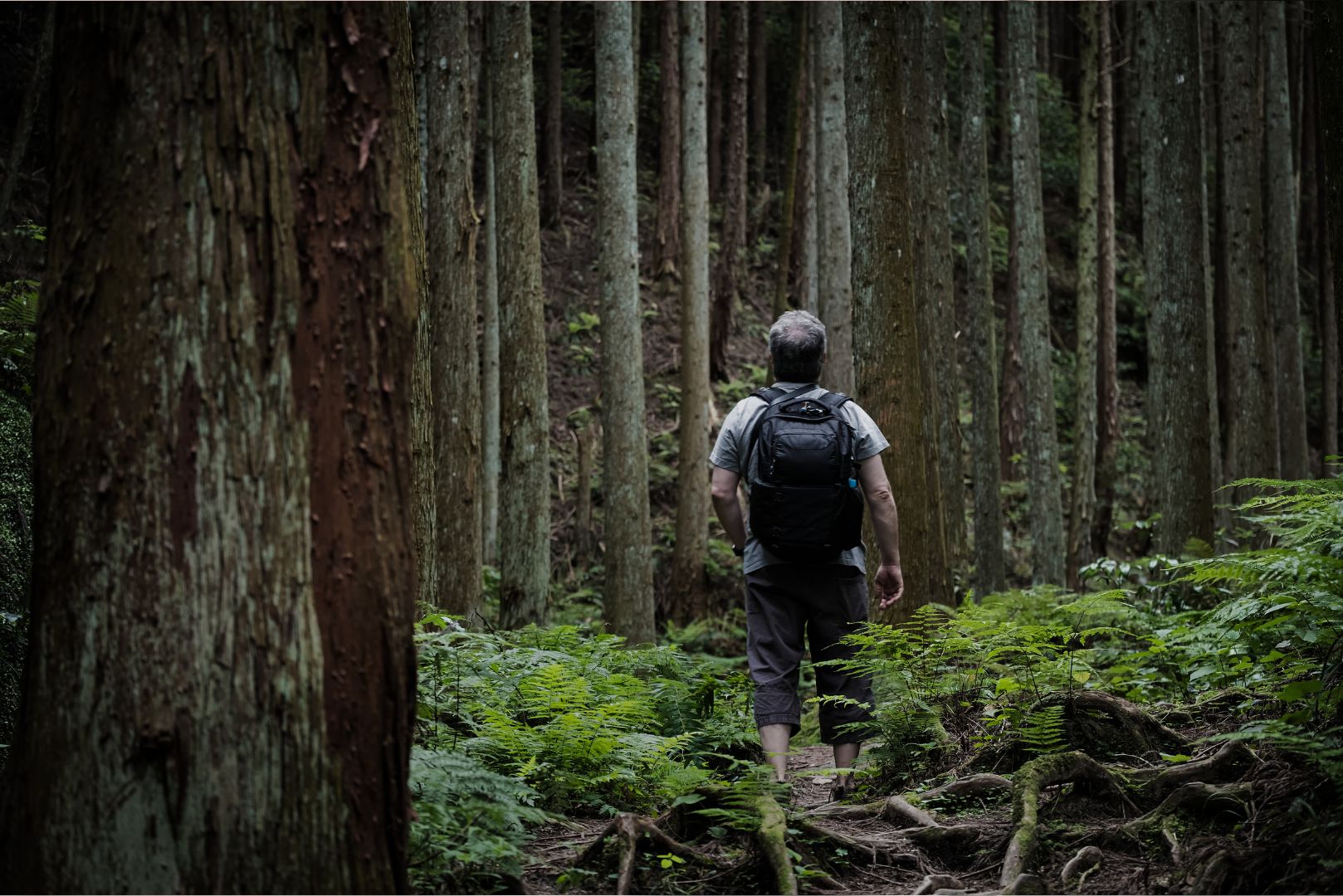In our increasingly urbanized world, reconnecting with nature has become more important than ever for maintaining mental and physical well-being. One practice gaining popularity for its therapeutic effects is forest bathing, also known as shinrin-yoku. In this blog post, we’ll explore the benefits of forest bathing and how you can incorporate this rejuvenating practice into your daily life.
- What is Forest Bathing? Forest bathing, or shinrin-yoku, is a Japanese practice that involves immersing oneself in a natural forest environment. It encourages mindful observation of nature and gentle, leisurely walks, focusing on the sights, sounds, smells, and sensations of the surrounding environment. Unlike hiking or other outdoor activities, forest bathing emphasizes the experience of being in nature, rather than the physical exertion.
- Mental Health Benefits of Forest Bathing Engaging in forest bathing can have numerous positive effects on mental health:
- Reduces stress: Being in nature has been shown to lower levels of the stress hormone cortisol, promoting a sense of calm and relaxation.
- Improves mood: The sights, sounds, and smells of the forest can have an uplifting effect on mood, helping to alleviate feelings of anxiety, depression, and fatigue.
- Enhances focus and creativity: By encouraging mindfulness and present-moment awareness, forest bathing can help improve concentration, problem-solving abilities, and creative thinking.
- Promotes social connection: Forest bathing with friends or family can strengthen relationships, fostering a sense of connection and belonging.
- Physical Health Benefits of Forest Bathing In addition to mental health benefits, forest bathing can also have a positive impact on physical health:
- Boosts immune system: Exposure to phytoncides, natural chemicals released by trees, has been shown to increase the production of natural killer cells, which help protect against infections and disease.
- Improves cardiovascular health: The calming effects of forest bathing can help lower blood pressure and heart rate, reducing the risk of heart disease and stroke.
- Supports respiratory health: Breathing in fresh, clean air can help cleanse the lungs and improve respiratory function.
- Encourages physical activity: Although forest bathing is not an intense physical activity, leisurely walks through the forest can still contribute to overall physical fitness and well-being.
- How to Practice Forest Bathing Incorporating forest bathing into your daily routine can be simple and enjoyable:
- Find a suitable location: Look for a natural forest setting, preferably one with a variety of trees, plants, and wildlife.
- Set aside time: Dedicate at least an hour to your forest bathing experience, allowing yourself to fully immerse in the environment and reap the benefits of the practice.
- Disconnect from technology: Leave your phone, camera, and other electronic devices behind, allowing yourself to be fully present and engaged with nature.
- Engage your senses: Slowly walk through the forest, taking in the sights, sounds, smells, and sensations around you. Practice mindful breathing and allow yourself to become fully immersed in the experience.
- Practice gratitude: Reflect on the beauty of the natural world and express gratitude for the opportunity to connect with nature.
The benefits of forest bathing extend beyond simple relaxation, offering a host of mental and physical health advantages. By incorporating this rejuvenating practice into your daily life, you can experience a deeper connection with nature and enjoy a more balanced, healthy, and fulfilling lifestyle.

